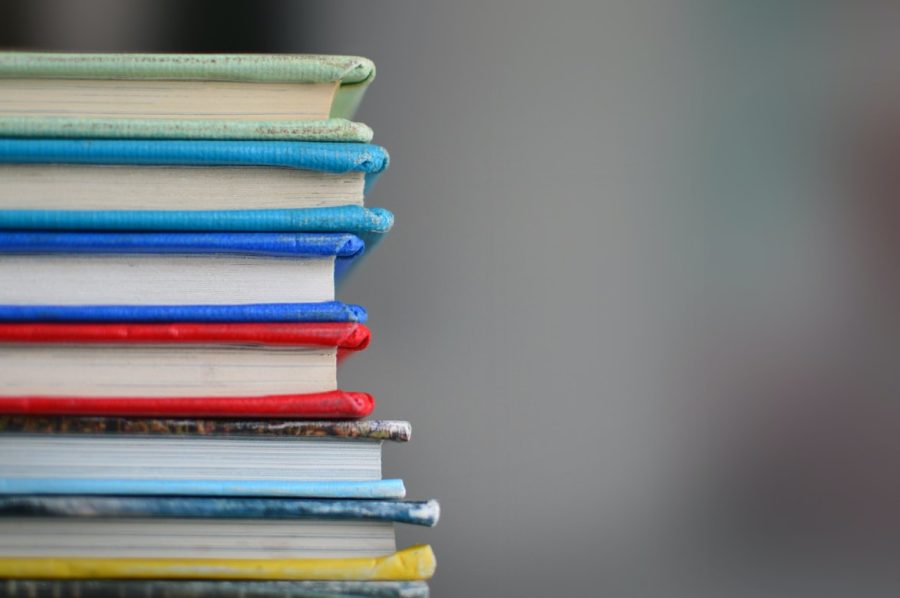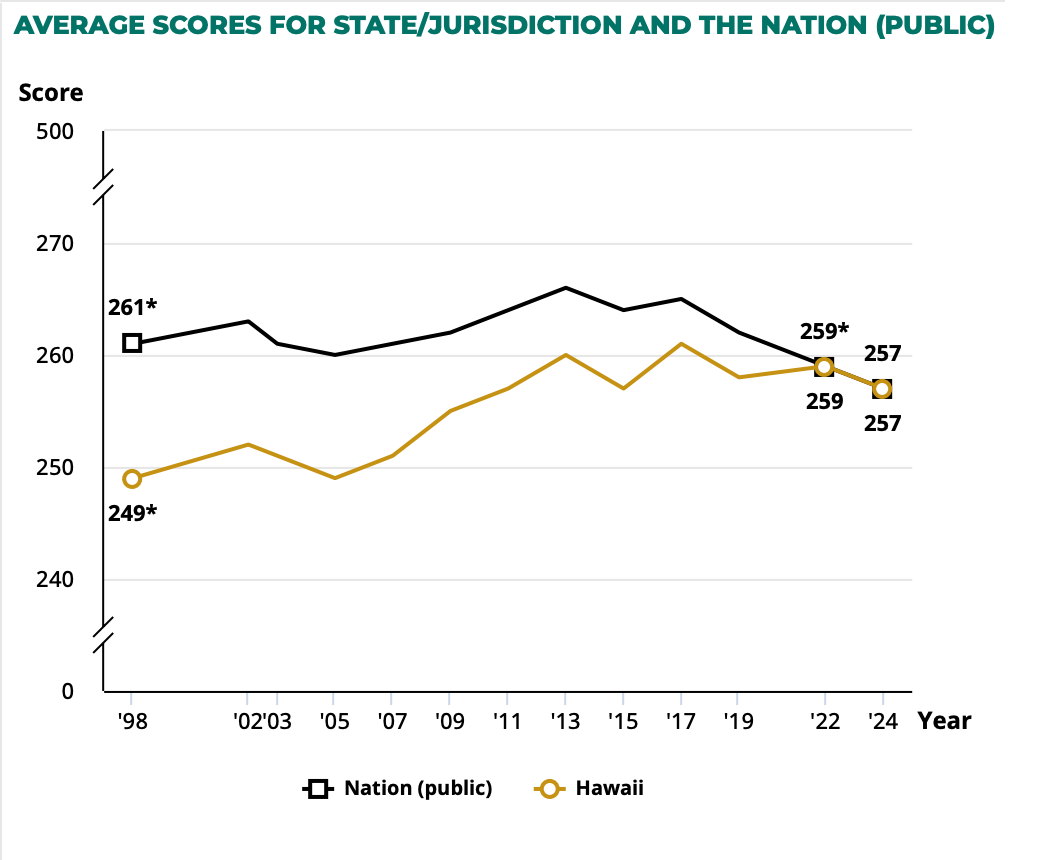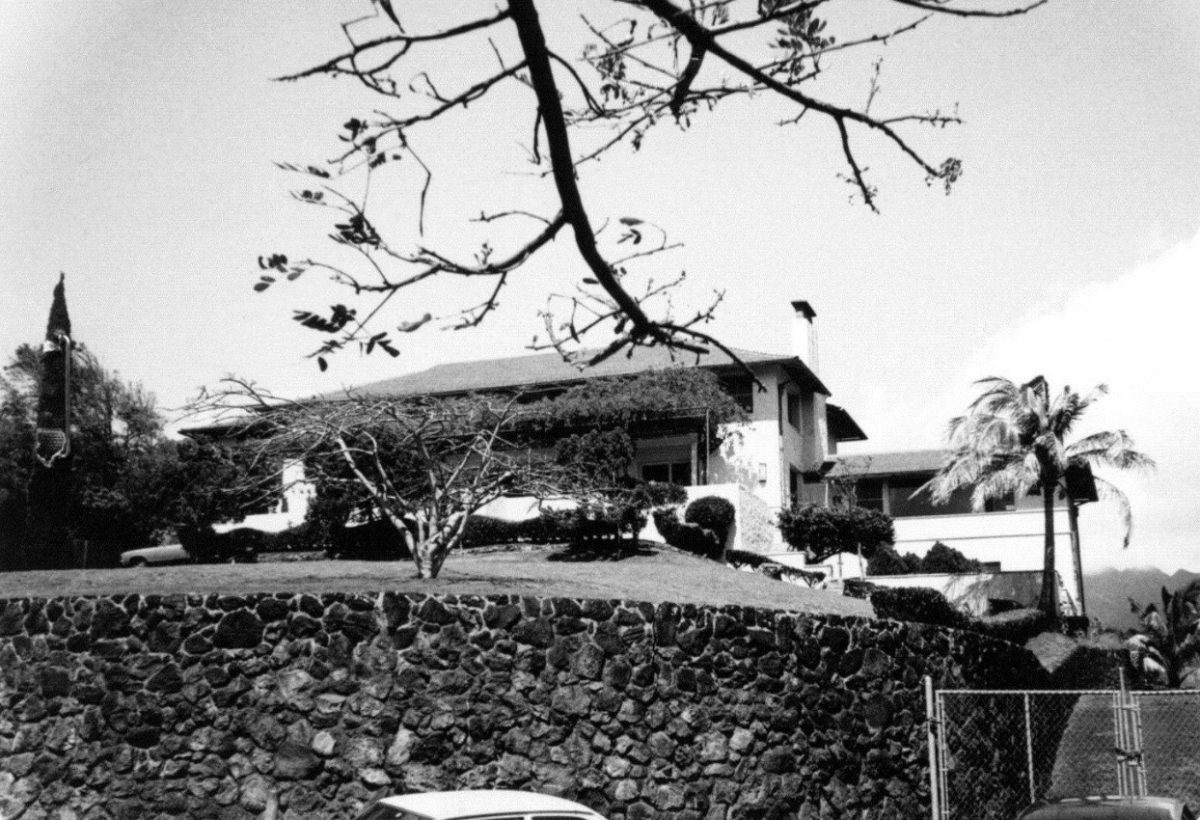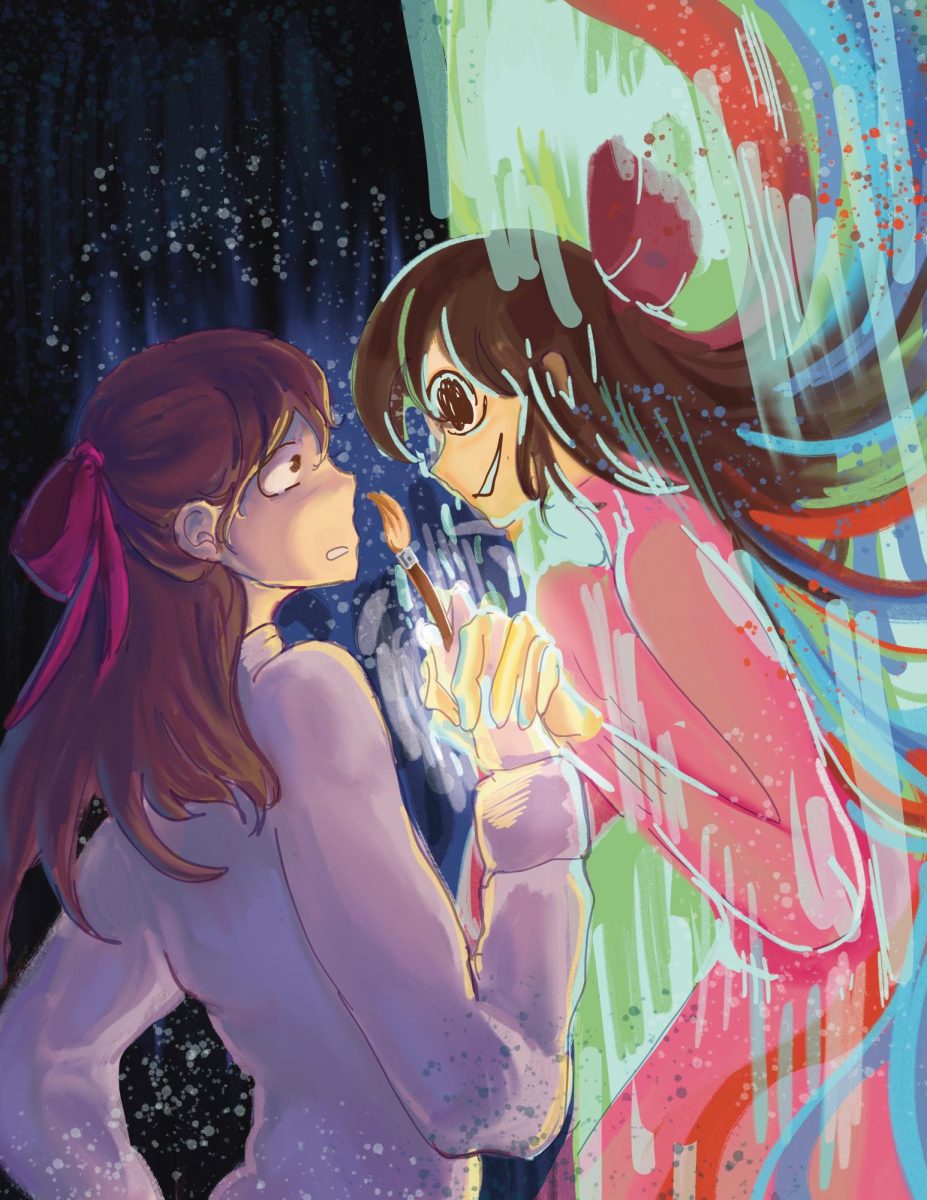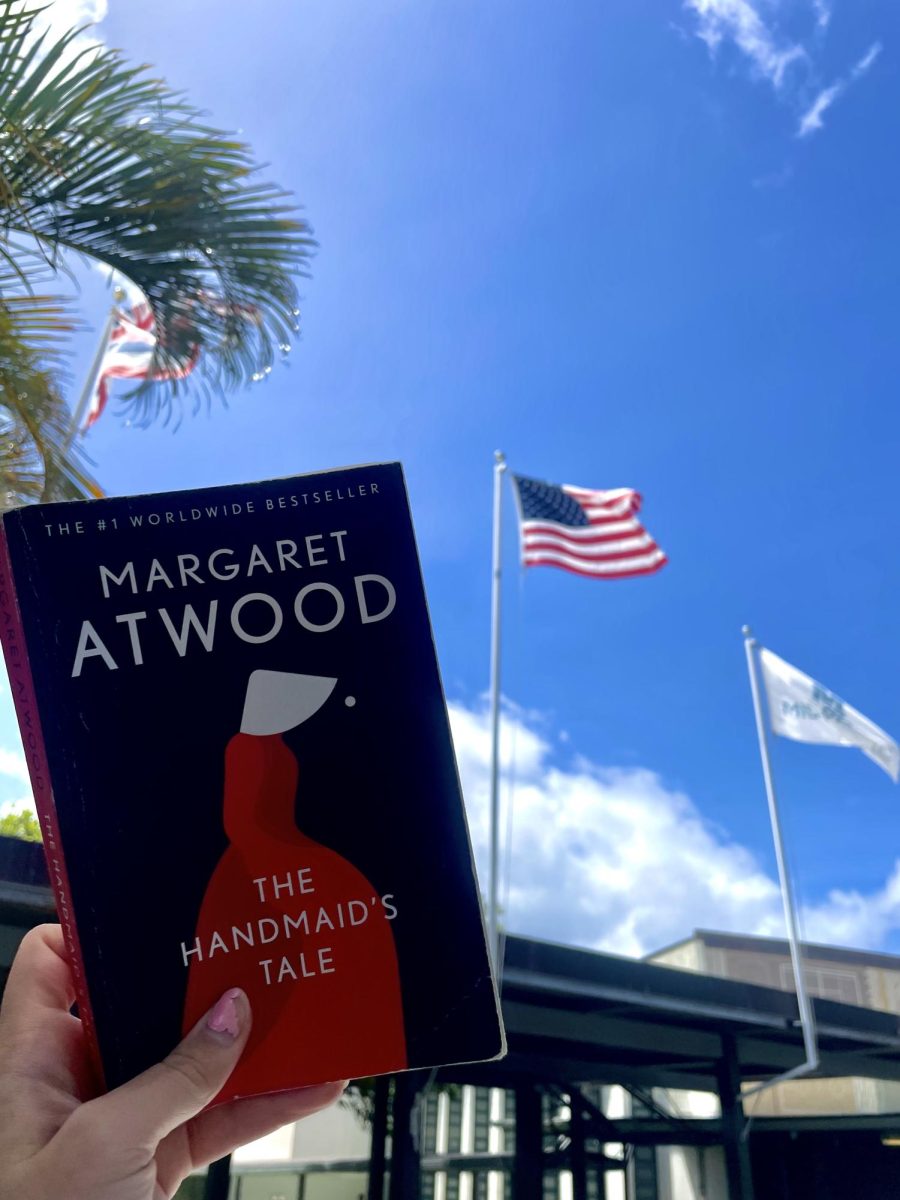Queerness and “The Raven Cycle”
Colorful rainbow of books stacked high for reading.
March 11, 2022
We all have comforts we turn to in times of need and mine is “The Raven Cycle” by Maggie Stiefvater. The series manages to maintain a homey place in my mind while subverting a much disliked archetype about queer people.
With lush descriptions and painfully real characters, we follow a journey filled with psychics, magic, and the unknown. The center of this series is a group of friends searching for a dead Welsh king. Rumor has it that this Welsh king will grant those who wake him a favor upon his awakening.
This tight knit group is 4/5ths full of the raven boys, students from an elite private school in Henrietta, the fictional town this series is set in. One of these traitorous raven boys is Ronan Lynch. Ronan is the stereotypical “bad boy” of the group. He has disdain for anything that resembles proprietary, wears a leather jacket and swears with an unmatched vehemence.
When we meet Ronan, he’s still reeling in the recent murder of his father whose body he found. His best friend, Gansey, often speaks about there being a “Ronan before” his dad’s death and then a “Ronan after”.
This “Ronan after” is snarky, mean to outsiders, possessive, and angry all the time.
During the second book, the first time we receive Ronan’s point of view, we begin to understand him more. There is an explanation for his possessive and rude behavior; a product of his intense loyalty and care for those he holds close.
We discover one more thing about Ronan as the second book progresses: Ronan is struggling with his suppressed sexuality and his unlabeled attraction to one of his other friends, Adam.
On paper, it sounds like Ronan fits the requirements for a stereotypical archetype: The angry gay repressed character. The angry gay repressed character, which I will refer to as “AGR,” is one who is angry for a good chunk in the piece of media he’s in, but is revealed to be gay later. This reveal is then used as an excusal of sorts, a reason for why this character behaved so horribly.
Ronan breaks the AGR mold because his identity is not used as a dismissal for his behavior but is instead just a vital part of who he is. Yes, his sexuality causes him distress and gives him emotional baggage, but that’s not why he’s angry. He’s just an angry person.
One example of a character who plays into this stereotype is Phil from “The Power of the Dog”. Though I thought the two hours I spent watching the film was worth it, when the credits rolled there was a funny feeling in my chest.
Phil is an angry cowhand who spends the majority of his time when he isn’t handling cows emotionally tormenting his brother, his brother’s wife and her son. We discover when the movie is nearing the end, that Phil is gay. After finding out about this, he slowly starts to become more human. He’s almost inexplicably nicer to the son, who he now spends time with and teaches how to ride a horse.
The problem with this stereotypical AGR character is that it sets itself up for failure when queer people look for representation. These characters are stripped of their potential by making the audience only see their anger and sticking their sexuality on as more of an accessory/explanation than an important part of their identity.
I’m tired of this downplaying of queer guilt and anger that many people experience. Though you could argue this archetype is in a way representation, they don’t nearly do as much good as you would think. By creating characters who fall into the stereotypical AGR outline, it refuses to understand the intricacies in how your sexual identity, and how the external world perceives it, effects you as a whole person. By giving them with these bare bone labels–gay and therefore angry and repressed–you do more harm than good.
There’s no harm in liking these characters or participating in media that has this type of character. At the end of the day, these are fictional people. But that doesn’t mean we can’t strive for more diversity in our queer representation.
Ronan is by all means not a perfect character. But, queer characters don’t need to be perfect. I want queer character to feel real, which he does.

